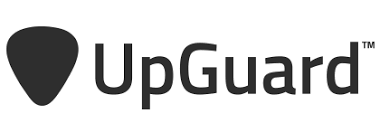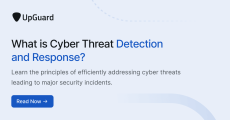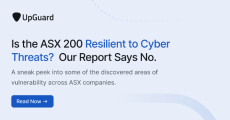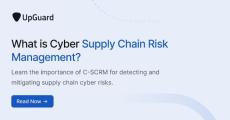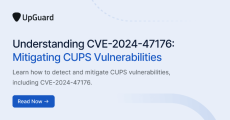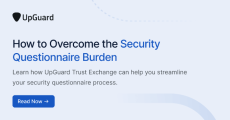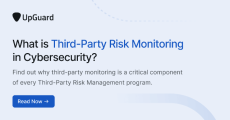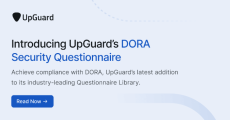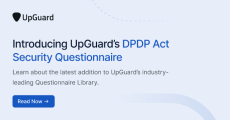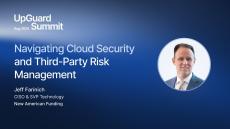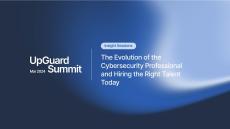- December 2024 (1)
- November 2024 (3)
- October 2024 (4)
- September 2024 (10)
- August 2024 (14)
- July 2024 (12)
- June 2024 (17)
- May 2024 (20)
- April 2024 (28)
- March 2024 (24)
- February 2024 (11)
- January 2024 (23)
- December 2023 (22)
- November 2023 (13)
- October 2023 (23)
- September 2023 (28)
- August 2023 (38)
- July 2023 (23)
- June 2023 (19)
- May 2023 (17)
- April 2023 (18)
- March 2023 (15)
- February 2023 (15)
- January 2023 (9)
- December 2022 (7)
- November 2022 (23)
- October 2022 (13)
- September 2022 (28)
- August 2022 (32)
- July 2022 (6)
- June 2022 (21)
- May 2022 (20)
- April 2022 (16)
- March 2022 (15)
- February 2022 (8)
- January 2022 (12)
- December 2021 (16)
- November 2021 (11)
- October 2021 (9)
- September 2021 (12)
- August 2021 (13)
- July 2021 (6)
- June 2021 (4)
- May 2021 (14)
- April 2021 (7)
- March 2021 (11)
- February 2021 (10)
- January 2021 (4)
- December 2020 (15)
- November 2020 (7)
- October 2020 (17)
- August 2020 (9)
- July 2020 (2)
- June 2020 (8)
- May 2020 (12)
- April 2020 (17)
- March 2020 (19)
- February 2020 (15)
- January 2020 (15)
- December 2019 (10)
- November 2019 (13)
- October 2019 (14)
- September 2019 (10)
- August 2019 (10)
- July 2019 (2)
- June 2019 (1)
- May 2019 (2)
- March 2019 (1)
- November 2018 (4)
- October 2018 (1)
- September 2018 (12)
- August 2018 (2)
- July 2018 (3)
- June 2018 (2)
- May 2018 (5)
- April 2018 (6)
- March 2018 (1)
- February 2018 (1)
- January 2018 (1)
- December 2017 (1)
- November 2017 (1)
A better, smarter way to protect your data and prevent breaches. Our products help security, risk and vendor management teams take control of cyber risk and move faster with confidence.
UpGuard gathers complete information across every digital surface, stores it in a single, searchable repository, and provides continuous validation and insightful visualizations so companies can make informed decisions.
UpGuard then aggregates this information into an industry standard cyber risk score called CSTAR. The CSTAR score is a single, easy-to-understand value representing an organization's aptitude in monitoring compliance, tracking unwanted change, and detecting vulnerabilities in their infrastructure.
Businesses depend on trust, but breaches and outages erode that trust. UpGuard is the world’s first cyber resilience platform, designed to proactively assess and manage the business risks posed by technology.

